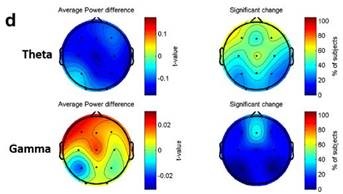TOPLINE: A recent study published in JAMA Network Open reveals that individuals who experience severe maternal morbidity (SMM) during childbirth face an increased risk of mental health issues requiring hospitalization or emergency department visits for up to 13 years post-delivery.
METHODOLOGY: The retrospective cohort study examined data from April 2008 to March 2021, involving 1,579,392 individuals aged 18-55 years who had their first recorded liveborn or stillborn delivery. Of these, 35,825 individuals (2.3%) experienced SMM. Researchers compared mental health outcomes between those with and without SMM, focusing on hospitalizations or ED visits related to mental health conditions occurring at least 43 days after delivery.
KEY FINDINGS:
- Individuals with SMM had a 1.3-fold increased risk of mental health hospitalizations or ED visits compared to those without SMM.
- Rates per 10,000 person-years were notably higher among SMM-affected individuals: 59.2 for mood and anxiety disorders, 17.1 for substance abuse disorders, 4.8 for suicidality or self-harm, and 4.1 for schizophrenia spectrum or other psychotic disorders.
- The highest risk increase was observed for suicidality and self-harm (adjusted hazard ratio [aHR], 1.54) following SMM.
IN PRACTICE: According to Asia Blackman, MSc, lead author from McGill University, Canada, “Understanding the long-term mental health risks associated with severe maternal morbidity can guide the development of enhanced supportive resources for postpartum individuals.”
SOURCE: The study, led by Asia Blackman and colleagues, was published online on April 23, 2024, in JAMA Network Open.
LIMITATIONS: The study’s observational nature, potential for missing data, and biases in classification were acknowledged as limitations.
DISCLOSURES: Funding for the study was provided by the Canadian Institutes of Health Research. Several authors disclosed receiving personal fees or grants unrelated to the submitted work, with no other conflicts of interest reported.











